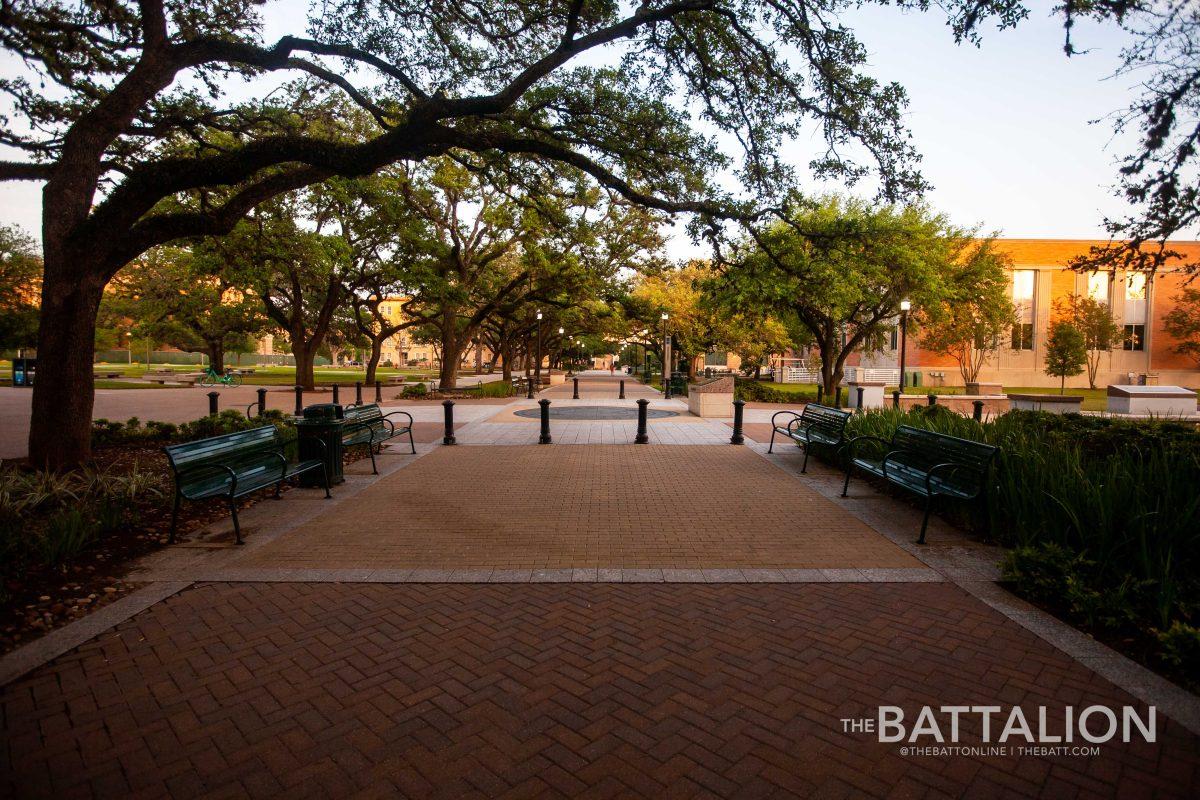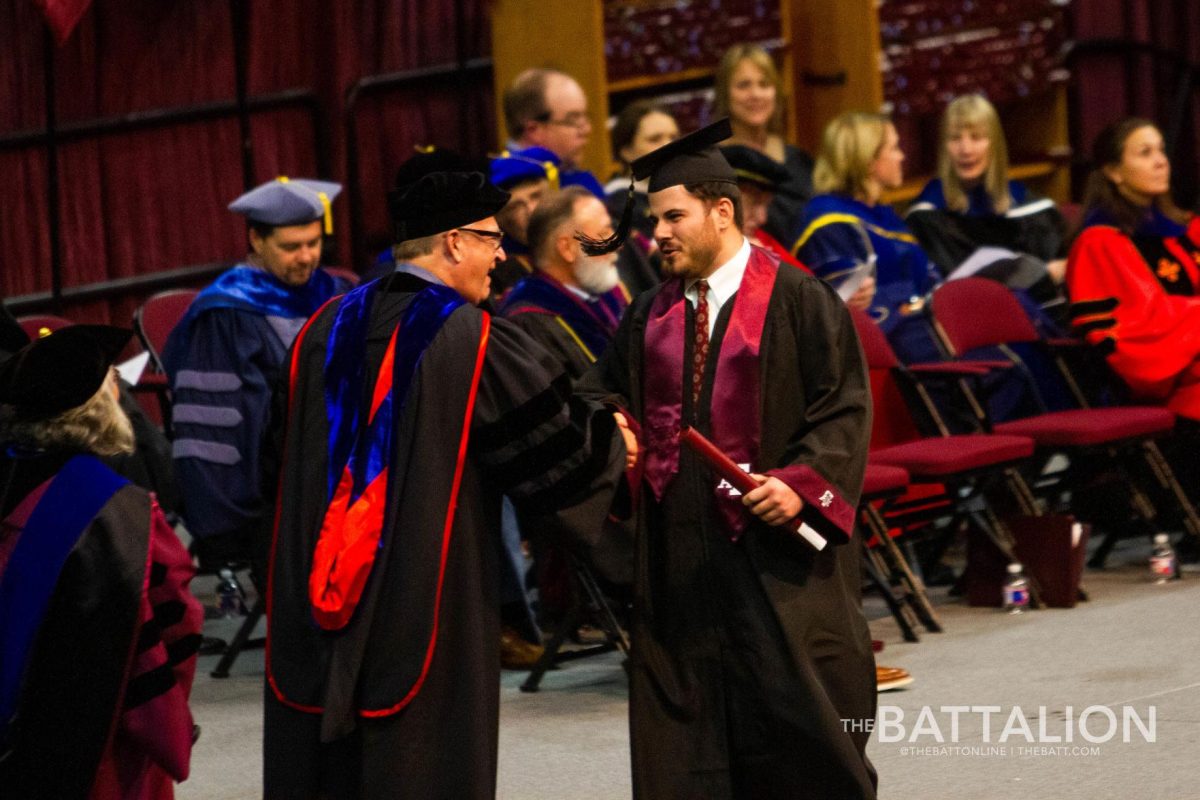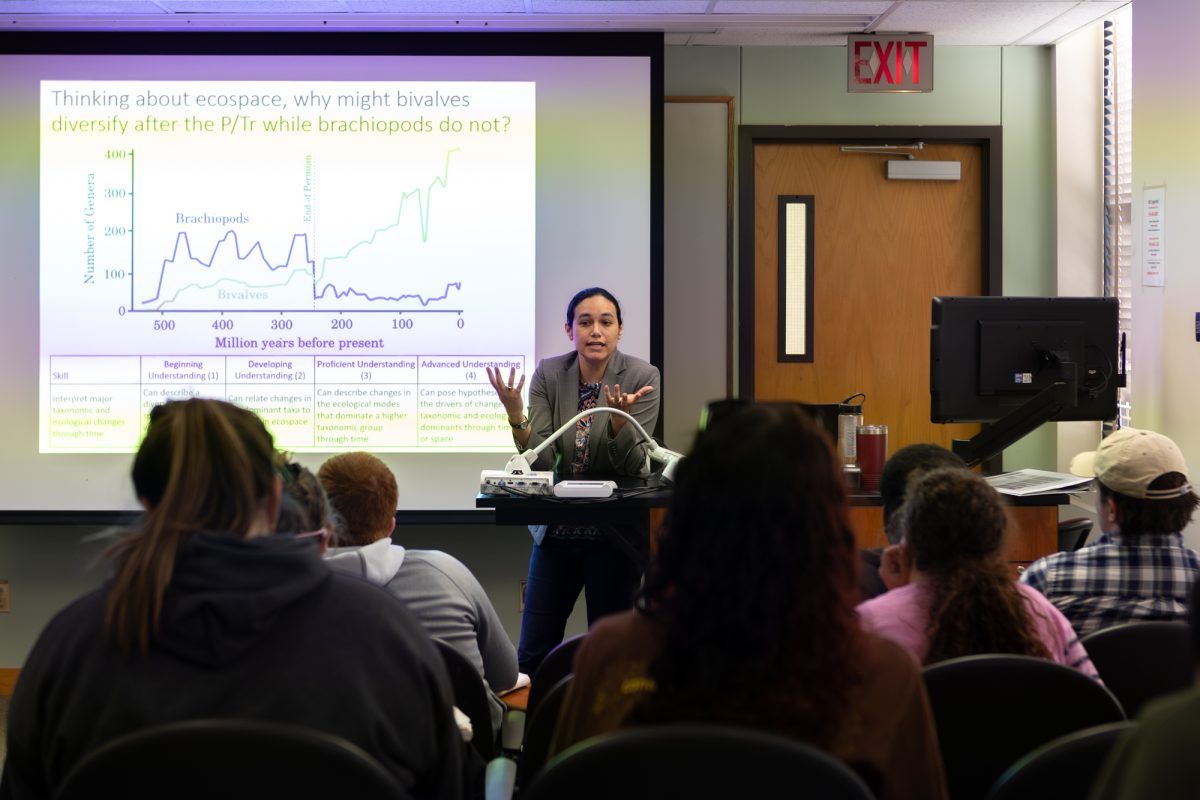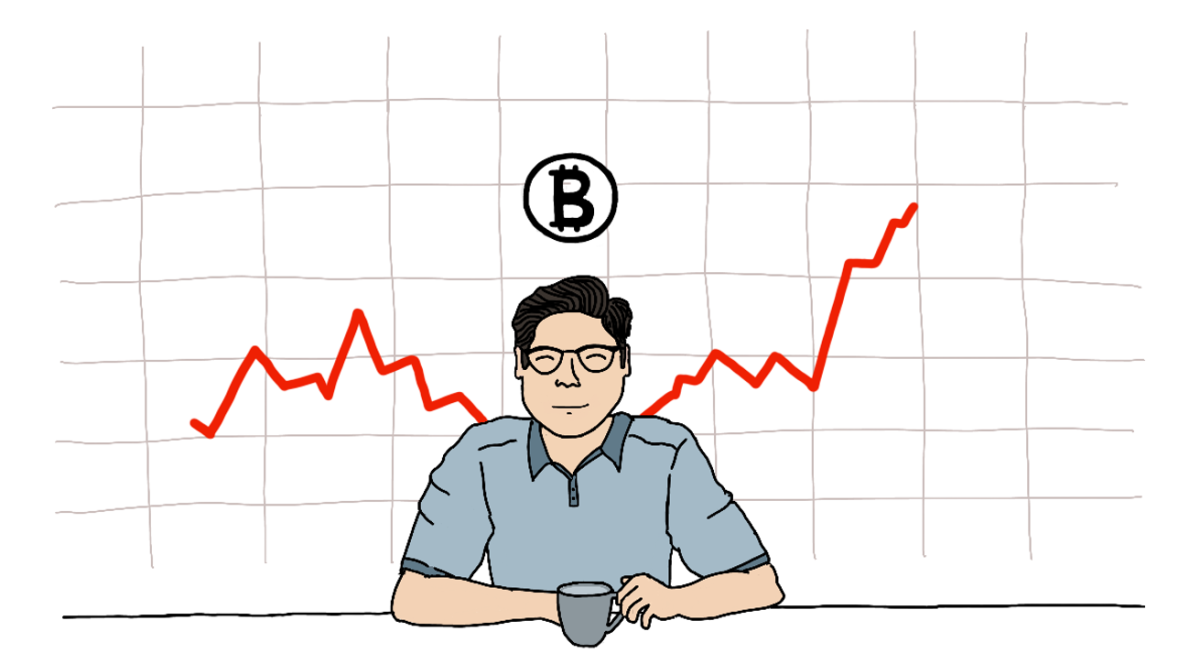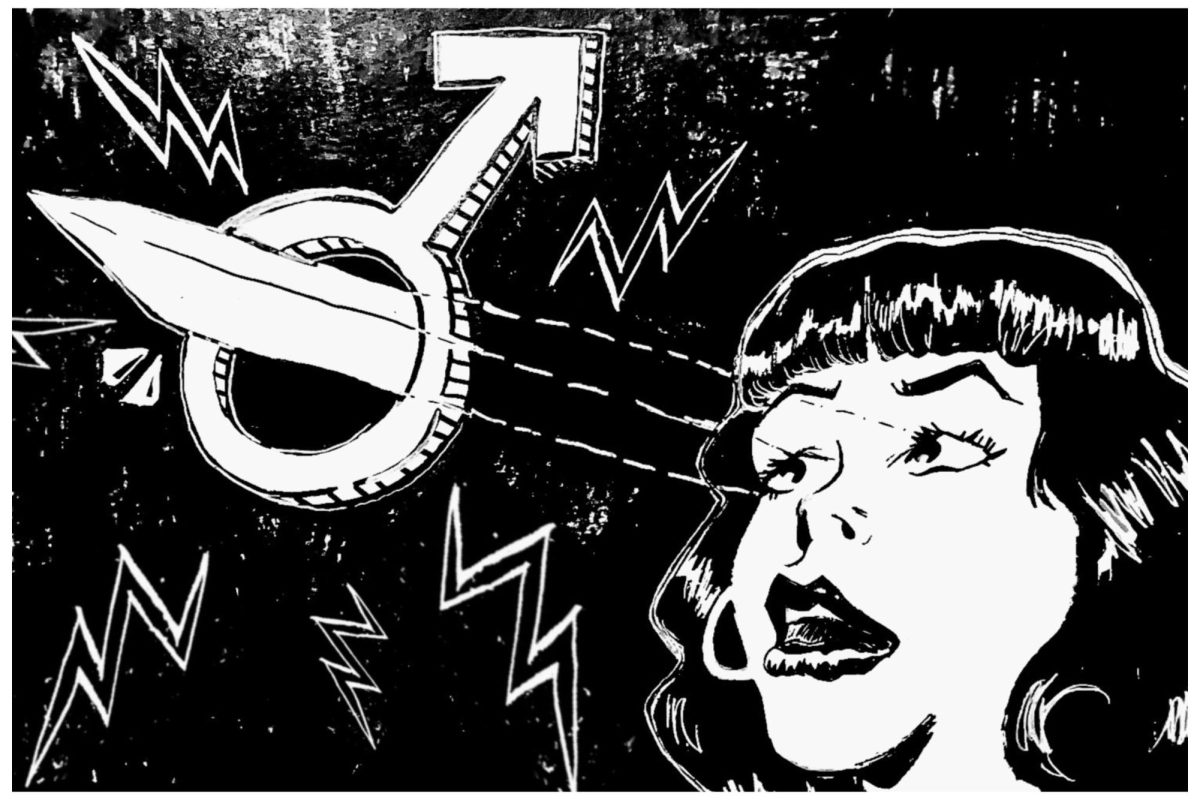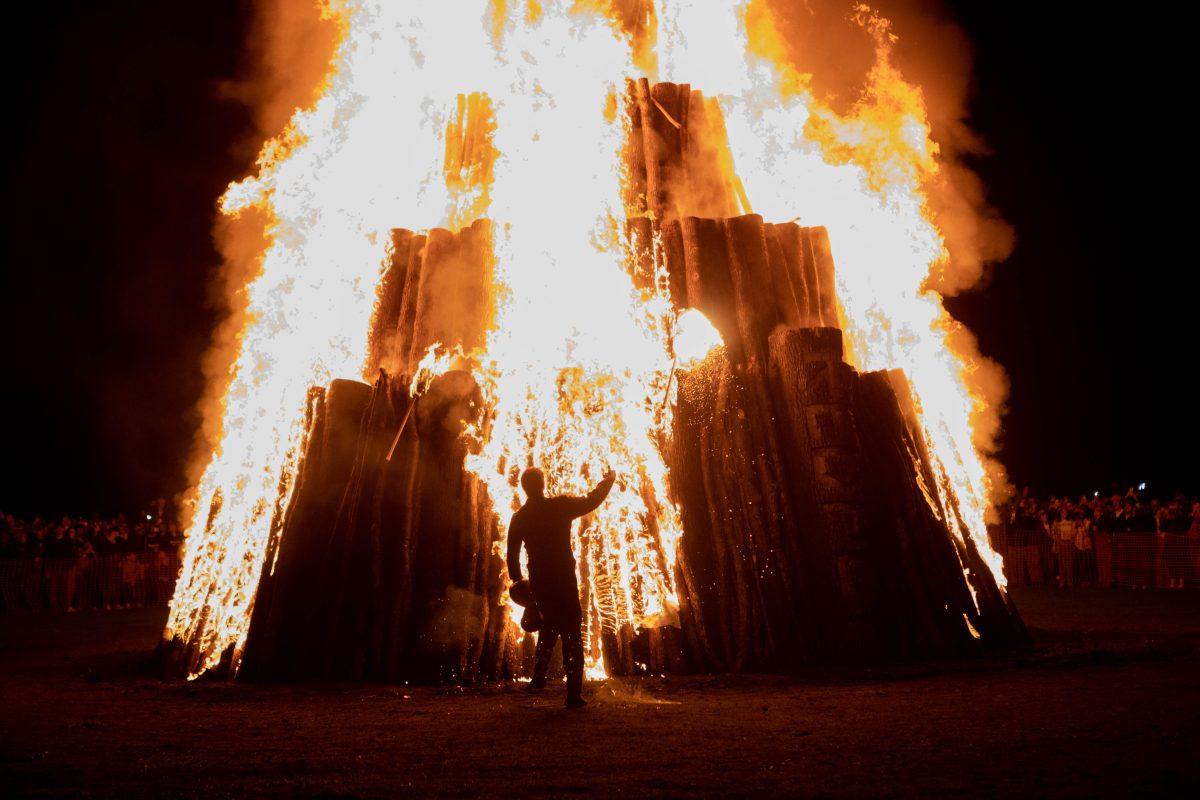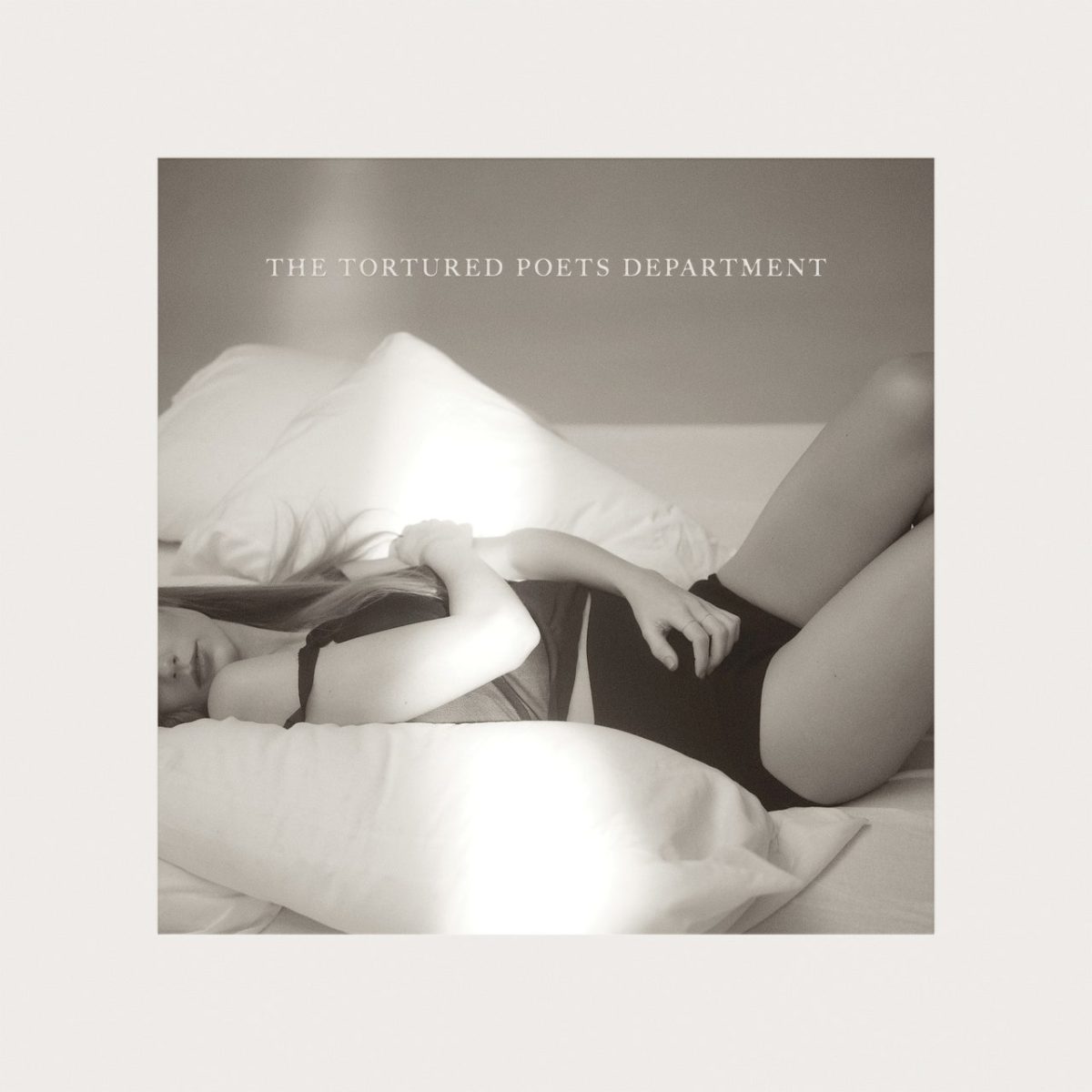Editor’s Note: This article contains mention of assault.
It’s November 2021. Taylor Swift has just released “Red (Taylor’s Version)” and something possesses you to download a dating app. For better or worse, you decide to take a girl up on her offer to come to her apartment and watch a Marvel movie while you work on homework.
When you finally escape, you come back to a world that has fundamentally changed and nobody cares. Especially not the university.
I’ll be the first to admit that I was naïve. Who else goes to a girl’s house on the first date besides those who don’t know any better? Who else, but those who think it would never happen to them? Who else would stay even after she got the creeps?
I went anyway.
I won’t pretend what happened to me was rape, nor will I pretend that I have it worse than any other woman who has been assaulted or harmed. But even after giving the illusion of consent, it still hurt me. Fundamentally, it hurt me. Because what happened that night wasn’t actually consensual or the beginnings of a relationship — it was manipulation. It was an assault.
And it changed me so fundamentally that on the drive home I turned off my music, I stared blankly into the road and I replayed the night on a loop in my head, trying to understand why I wasn’t happy. Someone had just told me they wanted to date me. I should’ve been happy.
When I got back to my apartment I texted my friends until one of them came over and when I recounted the night to her, she told me none of it was normal. I was manipulated.
And then it struck me. None of it was okay. Someone who really only wanted to fast-track a relationship used and manipulated me.
Everything fell apart in the wake of that realization.
I reported to the university, only to never get a reply. I called the sexual assault hotline and cried as I recounted the night for the 100th time. I asked for reassurance from my friends, only for them to tell me they didn’t have the emotional capacity to talk about it. I made an appointment with my therapist through CAPS only to find out the first open session was a long two weeks away. When the conventional routes to healing didn’t work, I even tried to ask my job for more freelancing work to occupy myself only for them to tell me at the absolute worst time I was fired. On paper, I did absolutely everything you’re told to do. And at every opportunity, I was shoved away. The most notable silence came from none other but the university itself.
I filed my report when I realized nobody in my life really cared — it was a moment soaked in tears and tissues, and I was met with silence. And after I told my “mandatory Title IX reporting” professors after not being able to get out of bed for a week straight, there was finally a response.
The email read, “I have been informed that you may be dealing with a difficult situation and would like to offer my assistance. In my role, I can provide information about your rights and options [and] connect you with supportive resources. Would you be interested in meeting via phone or Zoom?”
Overjoyed, I replied as soon as I could and set up a meeting time over Zoom. When the day came, I waited. I refreshed my email over and over again waiting for the link to the meeting only to sit there the entire hour realizing it wasn’t going to come. It’s been nearly 12 weeks since I received that email, and still, no link — or apology for the absence of the link — was sent.
There was all the proof I needed. Nobody cared.
Nobody, but a handful of amazing professors who promised that they’d work with me instead of against me, cared. I had the privilege of having professors who let me turn in assignments late and let me do oral presentations instead of essays because writing was impossible for me. It was the professors who had the heart to give a shit about a student who was dying on the inside who truly helped me.
When we hear about assaults on campus, we hear about them through emails sent to the entire student body, thrown in carelessly with other terrible events like burglary or car theft. While things like this could be helpful in cases of burglary or hate crimes, they do very little for victims of sexual assault, if you’re lucky enough to even get one issued — I was not.
When a student is asking for help, it’s the university’s obligation to do everything they can to help. Otherwise, the results could be horrifying. It’s been proven by a national study that those who have been assaulted are 13 times more likely to commit suicide than their peers. And I was almost one of them.
Elizabeth Olsen remarked once that her father told her sisters, Mary-Kate and Ashley, who were severely exploited in the media their entire lives, that “‘No.’ is a complete sentence.” And they’re right to this day, but in my experience, “Help.” is also a complete sentence.
You don’t owe anyone an explanation on why you need help, nor do you need to elaborate after asking.
If you’re at the point where you can’t get your homework done because something changed you so fundamentally that you can’t focus, that should speak for itself. There needs to be something more the university can do for people who are pushed to the point of considering suicide.
A start could be not ghosting the students who come begging for help as a last resort. Another could be opening the conversation up so that victims of assault know that it is more than just being drugged at a party or what we colloquially think of as physical rape. Perhaps the university should make the mandatory sexual assault courses harder to skip without learning. At the very least, we deserve a designated advocate to point us in the right direction after everything else has failed.
Nobody should be met with silence after making the decision to reach out for help, because the silence they get in return could be the last thing they hear.
Abbie Beckley is an English junior and an opinion writer for The Battalion.

















